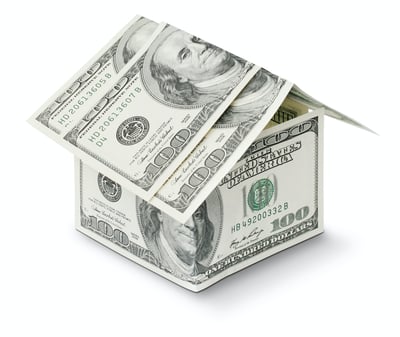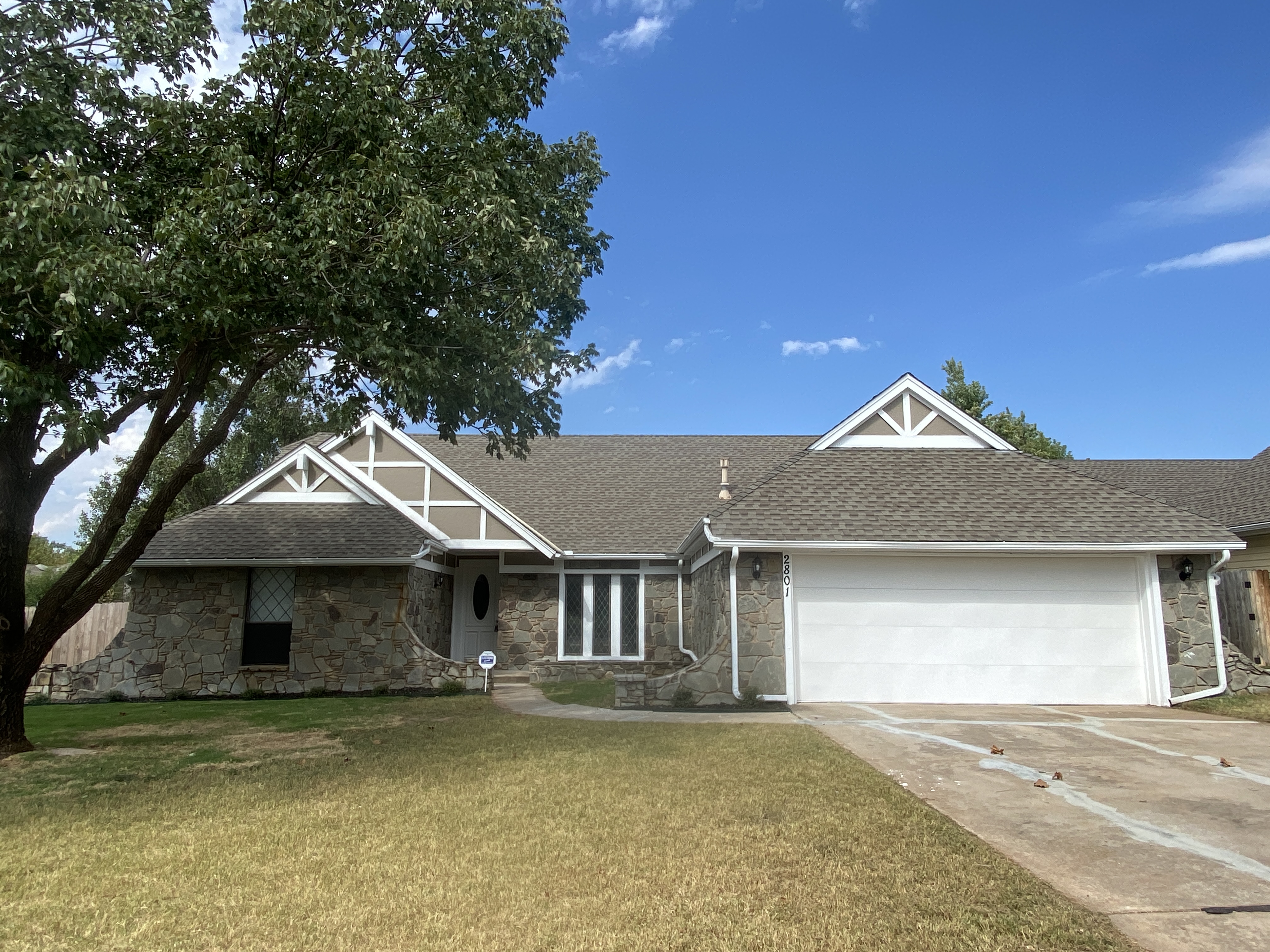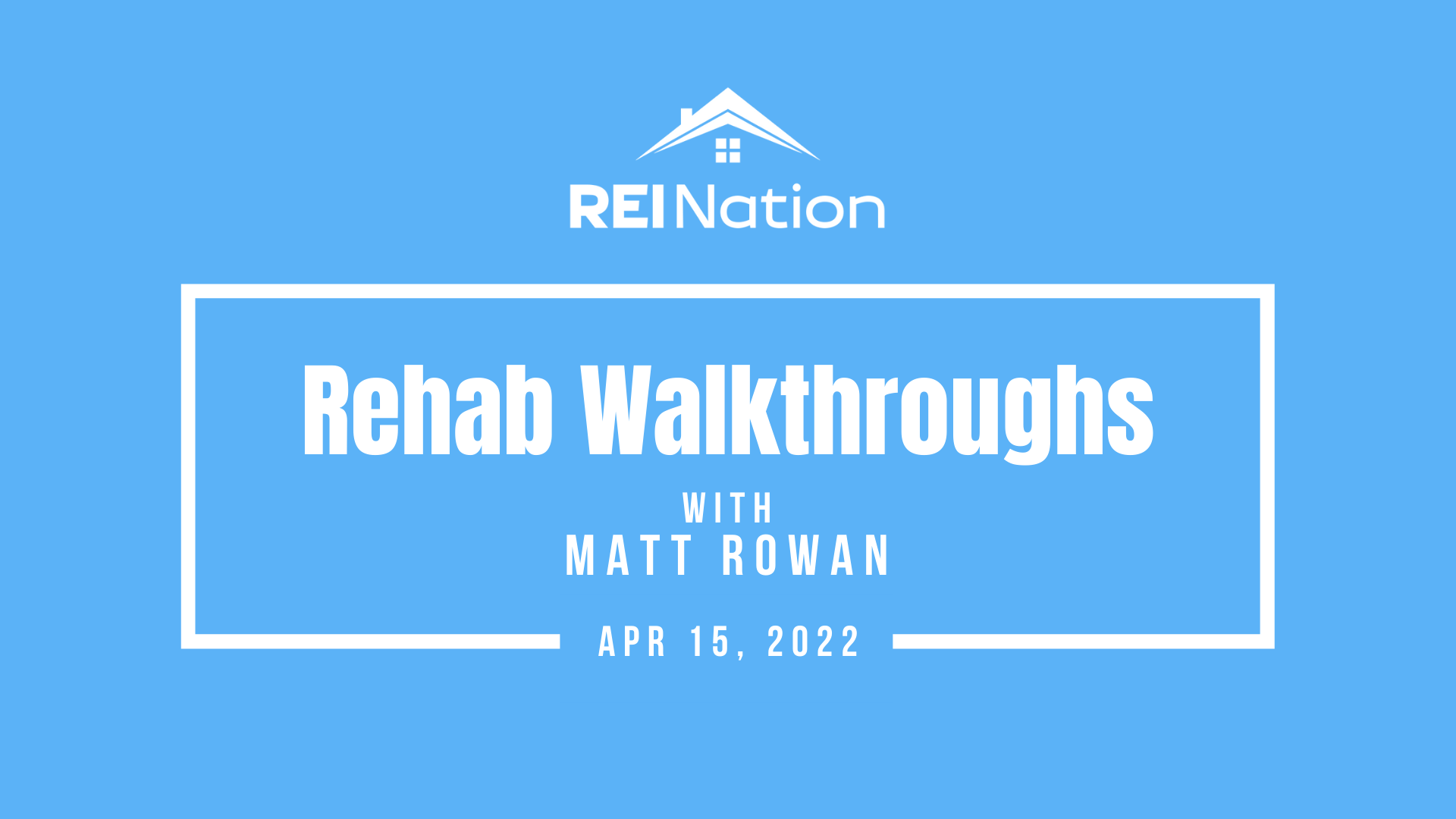 Although real estate remains one of the best investments you can make – particularly if you’re looking to beat inflation – buying investment properties demands more due diligence than ever simply because of intense market conditions.
Although real estate remains one of the best investments you can make – particularly if you’re looking to beat inflation – buying investment properties demands more due diligence than ever simply because of intense market conditions.
There are some indications that the housing market is growing more stable. According to NAR, Q4 2021 appreciation grew by double-digit percentages in 67% of 183 studied metro areas. In Q3, that number was 78%. Of course, these price gains combined with increasing interest rates have worsened real estate’s affordability problem. The typical existing single-family home will run owners an average of $1,240 per mortgage payment. That’s up by over $200.
While we may see market cooling and correction this year, the future of the global economy is questionable given the conflict between Russia and Ukraine. Uncertainty is the name of the game – so investors must be smart with their ventures. That means not overpaying for real estate.
Here’s how you know you’re looking at an overpriced market or property!
5 Signs You’re About to Buy Overpriced Real Estate
Sign #1: The Comps Don’t Make Sense
Comps typically refer to comparing your property to data collected on other properties sold within the past year (comparable in size, age, updates, features, etc.) within a 1-mile radius. At times, this may vary, but it gives you a pretty clear picture of how a property does or does not fall in line with the neighborhood. This data is best accessed through real estate agents and appraisers.
Keep in mind, too, that the property may be priced fairly based on its attributes but if it is too far afield of the neighborhood average, it may pose a problem later! It’s much more difficult to sell an expensive house in an inexpensive area. It’s not just about the property itself, but the context it inhabits.
Sign #2: Household Income Isn’t Keeping Up
As real estate investors, we have a vested interest in the economic health of our investment markets. After all, markets experiencing economic growth will attract more people. As those people make more money, they’ll be better able to afford local housing, both in buying and renting.
If the median household income isn’t inching up along with property prices and rent costs, you’re looking at a huge swath of people that will soon be priced out of the market. For investors, that increases the likelihood of resident turnover and missed payments.
Across the board, income has struggled to keep pace with inflation. The affordability crisis is real, and you don’t need an overpriced property that adds to that burden. The plight of the locals affects your bottom line in a very direct way! Oftentimes, this disparity is reflected in increasing out-migration and population loss.
Sign #3: The Property Isn’t Moving
Over the past two years, we’ve been looking at 30-day supplies of inventory. Sometimes less. Properties are so in-demand that they’re moving from listed to sold in a week’s time. That’s both stressful and exciting and it certainly gives you an idea of what is and isn’t a good deal. Overpriced properties will sit on the market for much longer than their counterparts.
Pay attention to the age of the listing and listing history. If it isn’t overpriced, it’s likely a problem property – and both are worth avoiding.
Sign #4: A Local Perspective Makes the Price Tough to Stomach
In some ways, overpriced is a relative metric. Overpriced for whom? Typically, it means overpriced for local buyers. Real estate investors may or may not be local to their markets. Your financial resources and local conditions may be vastly different from those where you invest.
Keep this in mind as you target markets that are affordable relative to your income. You might have a harder time seeing that a property is overpriced relative to where it is if the whole market seems cheap by the standards you’re used to. While you’re going to run the numbers based on your finances, it may be enlightening to do the same based on the average finances of the people living in the area.
Sign #5: You Have a Small Margin for Error
As we said, you’re going to run the numbers. Every investor knows not to invest more than they’re willing to lose. To not put all their eggs in one basket. A property may be overpriced for you if your numbers are just too tight. Looking for off-kilter ratios and beware of properties that will leave you with a seriously depleted safety net.
The numbers need to give you room to cover the unexpected and work towards relatively quick portfolio growth.
At the end of the day, know your own financial capabilities and personal tolerance for risk. Do your due diligence to ensure – as much as you are able – that the properties you buy are valued fairly and in stable, growing markets.
Invest in some of the best real estate markets in the country with REI Nation. We’ve done the heavy lifting…all you have to do is call your advisor ASAP!












